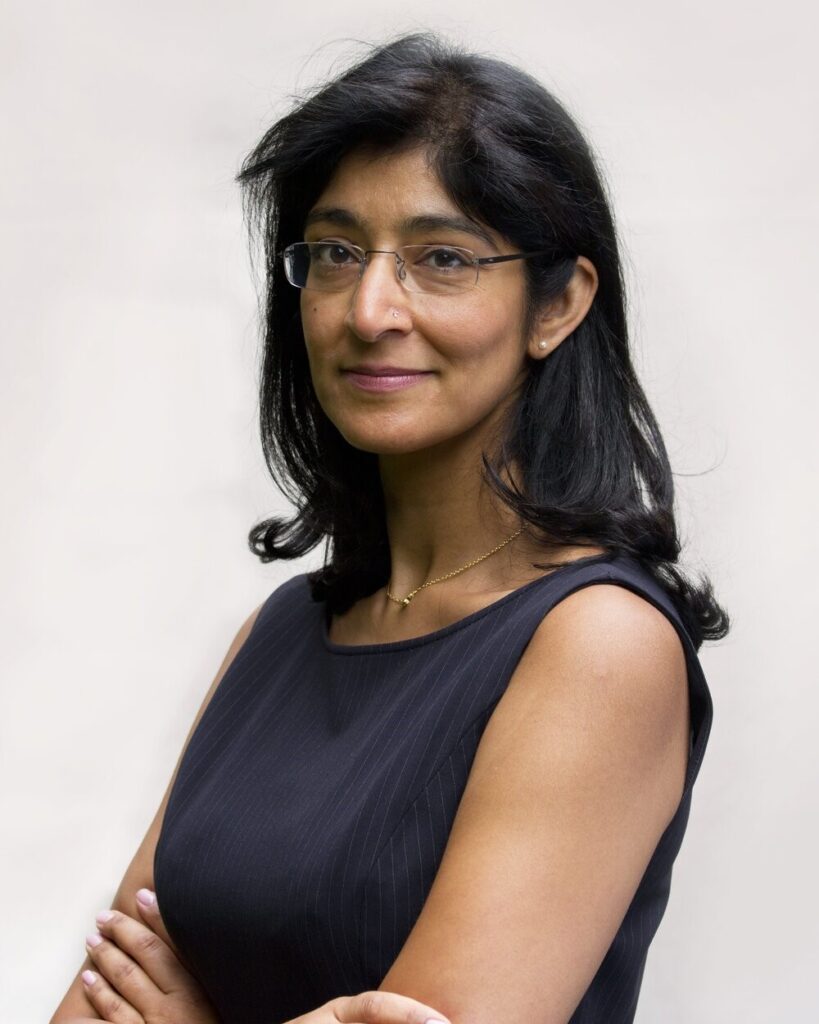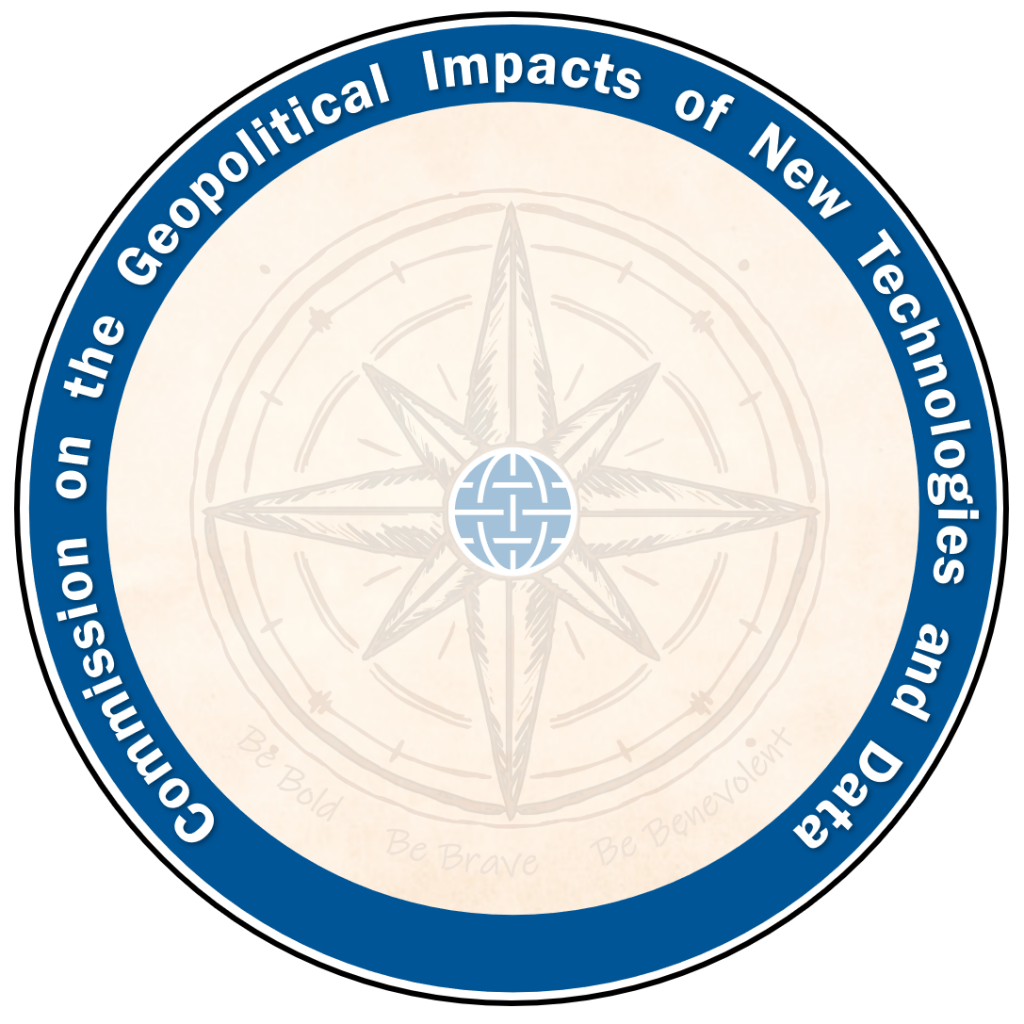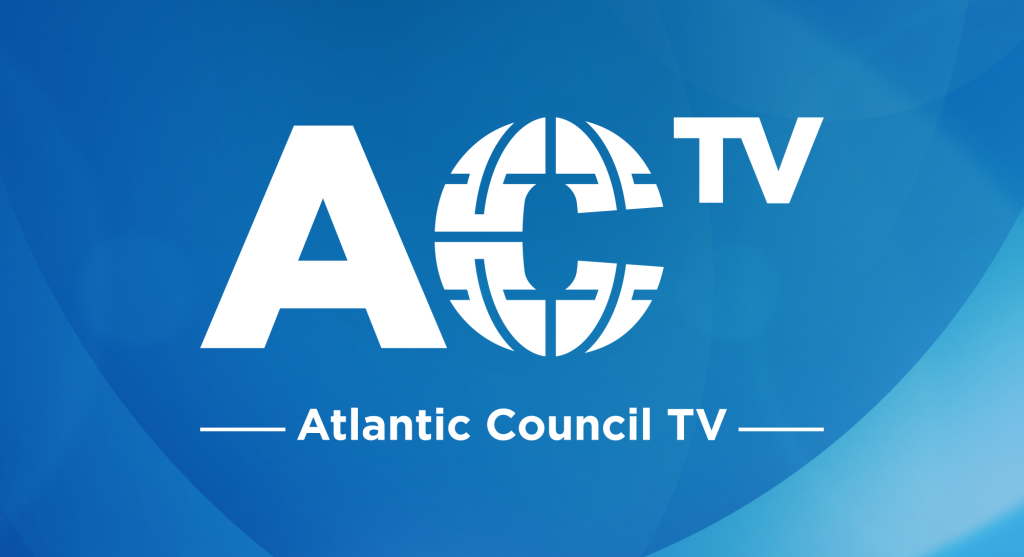By the end of the decade, the global space economy is set to reach $1 trillion. The massive growth in the space economy has not only come from legacy spacefaring governments, but a rise in successful commercial ventures and the inclusion of dozens of new national space programs. Space capabilities have enabled, and continue to lead to, transformative societal changes on Earth, but they must also be managed responsibly to ensure operations remain sustainable and equitable.
The United Nations Office for Outer Space Affairs (UNOOSA) has been the primary custodian of the peaceful use of outer space since the adoption of the Outer Space Treaty in 1967. In the past decade, the organization’s mandate has become even more profound with the growing opportunities for collaboration within the space enterprise. This will require innovative solutions to effectively integrate and adopt responsible practices, from local action to broader international space governance.
On April 5, 2024, the GeoTech Center hosted a conversation with Aarti Holla-Maini, Director of UNOOSA, to discuss the growing role of the private sector in supporting international space collaboration. The discussion was moderated by Managing Editor of Payload, Jacqueline Feldscher.
Featuring

Aarti Holla-Maini
Director
United Nations Office for Outer Space Affairs
Moderated by

Jacqueline Feldscher
Managing Editor
Payload
Opening remarks by

GeoTech Center
Championing positive paths forward that societies can pursue to ensure new technologies and data empower people, prosperity, and peace.
Atlantic Council TV

Watch this event and more content on ACTV
Follow the conversations shaping our world. Available on all major platforms.

Follow the conversation on X, formerly Twitter, with @ACGeoTech and @AtlanticCouncil